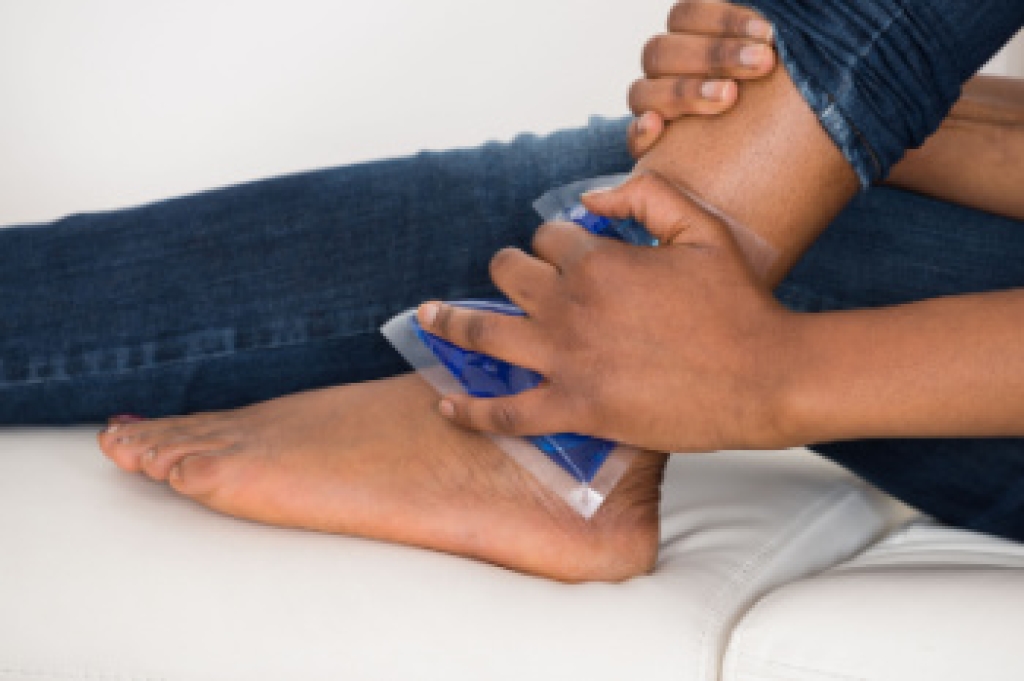
During the winter months, many people turn to treadmill running, but this sudden change can place added stress on the feet. Treadmills increase repetition, meaning the same movement is performed thousands of times in a short period. This can strain foot structures and aggravate existing issues. Incline settings may further increase tension through the heel and arch, raising the risk of heel pain, Achilles discomfort, or nerve irritation in the forefoot. Symptoms may include soreness along the bottom of the heel, stiffness when taking the first steps of the day, or burning or tingling between the toes. A podiatrist can evaluate foot mechanics, assess treadmill habits, and identify contributing factors like tight calf muscles or altered gait patterns. If you have foot pain after treadmill running, it is suggested that you make an appointment with a podiatrist for an exam and treatment options.
All runners should take extra precaution when trying to avoid injury. If you have any concerns about your feet, contact one of our podiatrists of New Tampa Foot & Ankle. Our doctors will treat your foot and ankle needs.
How to Prevent Running Injuries
There are a lot of mistakes a runner can make prior to a workout that can induce injury. A lot of athletes tend to overstretch before running, instead of saving those workouts for a post-run routine. Deep lunges and hand-to-toe hamstring pulls should be performed after a workout instead of during a warmup. Another common mistake is jumping into an intense routine before your body is physically prepared for it. You should try to ease your way into long-distance running instead of forcing yourself to rush into it.
More Tips for Preventing Injury
- Incorporate Strength Training into Workouts - This will help improve the body’s overall athleticism
- Improve and Maintain Your Flexibility – Stretching everyday will help improve overall performance
- “Warm Up” Before Running and “Cool Down” Afterward – A warm up of 5-10 minutes helps get rid of lactic acid in the muscles and prevents delayed muscle soreness
- Cross-Training is Crucial
- Wear Proper Running Shoes
- Have a Formal Gait Analysis – Poor biomechanics can easily cause injury
If you have any questions, please feel free to contact our office located in Wesley Chapel, FL . We offer the newest diagnostic and treatment technologies for all your foot care needs.




